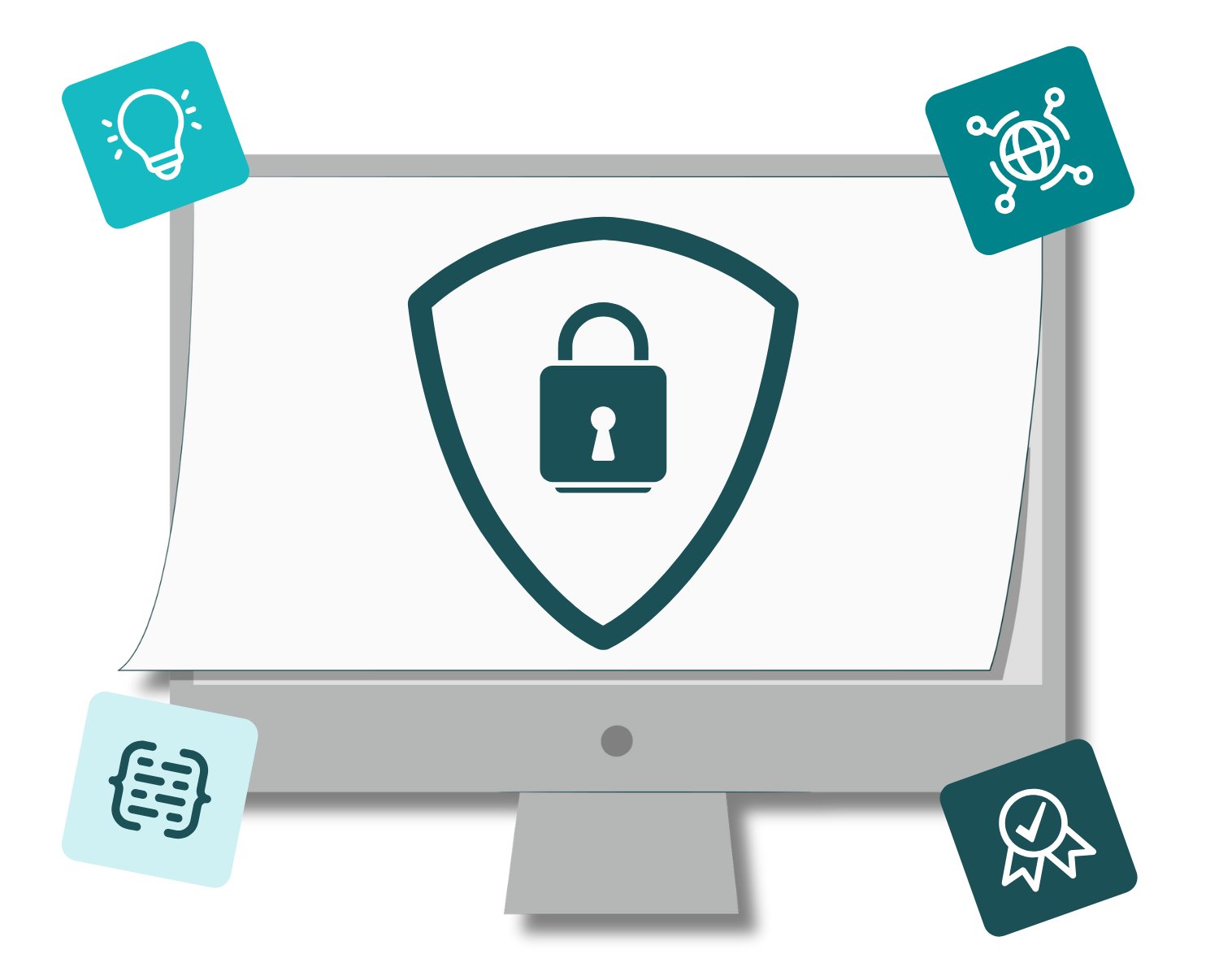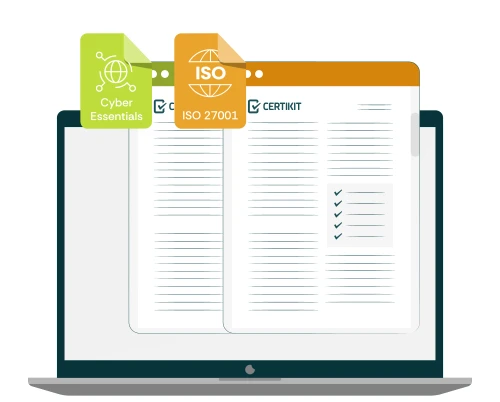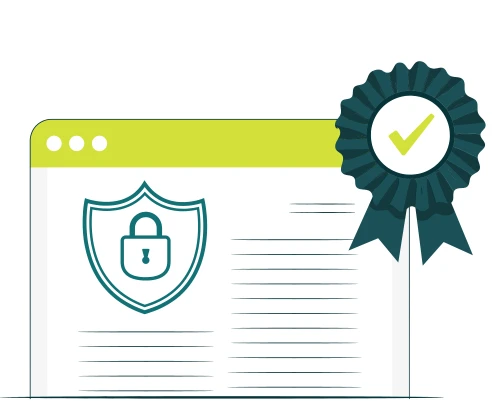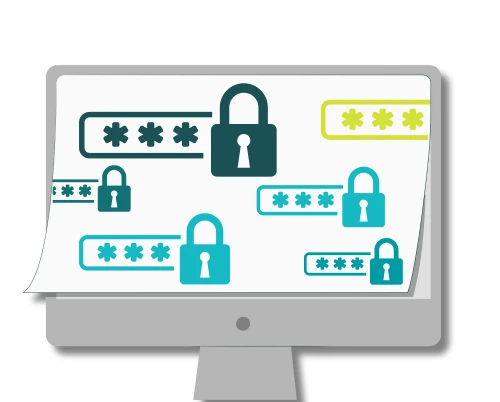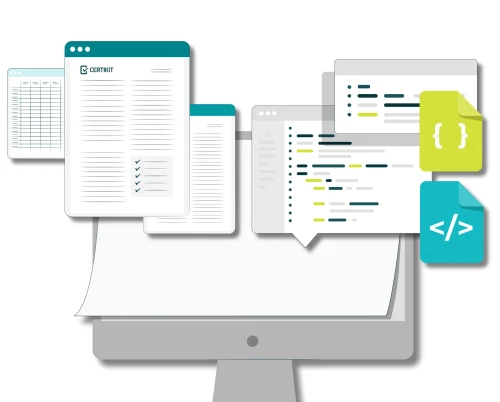With the New Year comes the urge to speculate about what 2025 might bring in terms of cybersecurity. So here are our five top predictions of what might dominate the headlines over the next twelve months.
#1: President Trump will mandate more cybersecurity
Given the fears of the incoming administration over the threat of China, and the trend towards greater collaboration between Russia, China, North Korea and Iran, we wonder whether President Trump will issue an executive order stating that many more organizations in the private sector will need to meet a cybersecurity standard, such as NIST Cybersecurity Framework or 800-53.
#2: Misinformation Will Go into (even more) Overdrive
With the rolling back of fact-checking on social media platforms, the ease with which AI produces fake news and the changed political agenda in the USA, the stars will align for a perfect storm of misinformation. The idea that people can no longer tell what the truth is will become a stark reality.
#3: A major global outage will occur
The Crowdstrike issue during 2024 was not caused (directly) by malware but it had a global impact that showed how pervasive such software is, and its vulnerability to incorrect updates. It could be that a similar outage of global proportions will happen in 2025, possibly due to malware this time.
#4: Car hacking will become a real fear
Supported by governments as part of a climate change agenda, electric cars that are basically computers on wheels have become commonplace. This has widened the attack surface for cybercriminals and this year may be the first time we see a significant upsurge of car-related hacking.
#5: AI-enabled fraud will take us all to the cleaners
Despite the best efforts of the banks, fraud continues to be widespread and the ability to create human-like interactions such as videos easily and convincingly using AI will increase the effectiveness of cons that fleece the general public of their money. The phrase “you should have known better” will become meaningless.
How did we do last year?
At the beginning of last year we made five predictions for 2024. How did we do? They were:
Climate Hacking Will Become a Thing - We didn’t see many instances of this during 2024, so no points here.
Misinformation Will Go into Overdrive - An obvious one perhaps, but we feel as if this did happen to a great extent, both in the UK and USA.
Supply Chain Breaches Will Worsen - We could claim the Crowdstrike incident as an example of this, although it was due to a bad update rather than malware.
Attacks on IoT Devices and Robotics Will Cause Real World Pain - We didn’t see the level of incidents we predicted, but we’ve doubled down on this one for cars this year.
An Artificial Intelligence Will Escape into the Wild - As we said last year, how would we know?
Last Words
In recent years it seems as if the world has become more and more unpredictable every year, and 2025 shows no sign of bucking this trend. We’ll meet you back here in 2026 to see if we got lucky.

